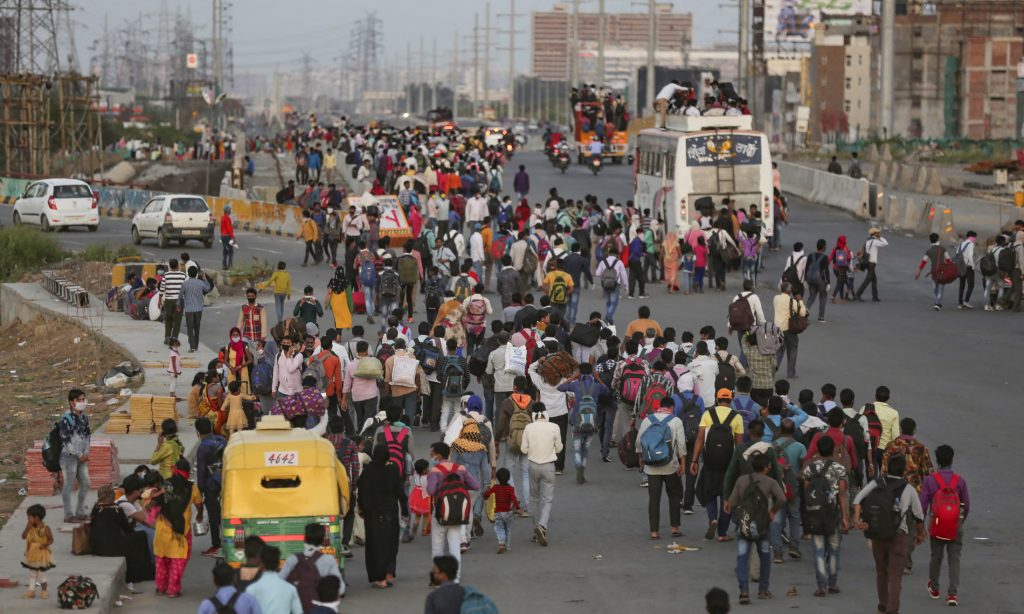Migrant workers from Telangana who travel to Gulf countries in search of better jobs are now facing a deep mental health crisis. Many of them are struggling with depression, anxiety, and even substance abuse. The families they leave behind in India are also suffering, as loneliness, financial pressure, and stress are taking a toll on their well-being. Experts warn that this problem is growing fast and needs urgent attention.
Psychiatrists in Hyderabad explain that thousands of workers leave for countries like the UAE, Saudi Arabia, Qatar, and Bahrain. While migration often brings economic stability, it also creates isolation and stress. Workers face long working hours, poor living conditions, job insecurity, and cultural differences. All of these factors combine to harm their mental health. Conditions such as adjustment disorders, depression, sexual dysfunction, anxiety, and psychosis are becoming common.
Families in Telangana are equally affected. Wives left behind feel isolated, children grow up without emotional support, and elderly parents worry about the uncertain future. Many family members have also started showing signs of depression and anxiety. Doctors note that young people, especially teenagers, sometimes turn to drugs and alcohol to cope with the stress of separation. This has created a dangerous pattern of substance abuse in several districts.
A worrying trend has also been reported among returning workers. Many develop addictions to drugs such as alprazolam, diazepam, and clonazepam. Some even mix these drugs with local toddy, leading to serious health risks. Addiction often causes withdrawal symptoms when workers travel abroad. Within the first three days, they may suffer from tremors, seizures, suicidal thoughts, and in severe cases, delirium tremens. Such health crises sometimes lead to hospital admissions, and in Gulf countries with strict drug laws, they can also result in arrests.
Experts stress that while migration helps families financially, the hidden cost is heavy. Both the workers abroad and their families at home face a cycle of emotional pain, health struggles, and legal risks. According to mental health professionals, these challenges are often overlooked because most discussions around migration only focus on money earned and remittances sent home.
To address this rising crisis, psychiatrists are urging immediate action. They recommend awareness campaigns that prepare people before they migrate, including counseling on mental health and drug use. Stronger rules to stop the misuse of prescription drugs like benzodiazepines are also needed. Legal aid and helplines should be made available to workers abroad so they do not face legal problems alone.
Support groups for families back in Telangana are also being suggested. These groups can help wives, children, and parents cope with separation and provide a safe space for sharing experiences. With such support, families can handle stress better, and workers abroad can feel less isolated.
The situation makes it clear that migration is not only about jobs and money but also about emotional survival. If workers and their families do not get proper support, the mental health crisis will continue to grow. Helping migrant workers with care, counseling, and awareness is not just a social need but also an urgent public health requirement.

